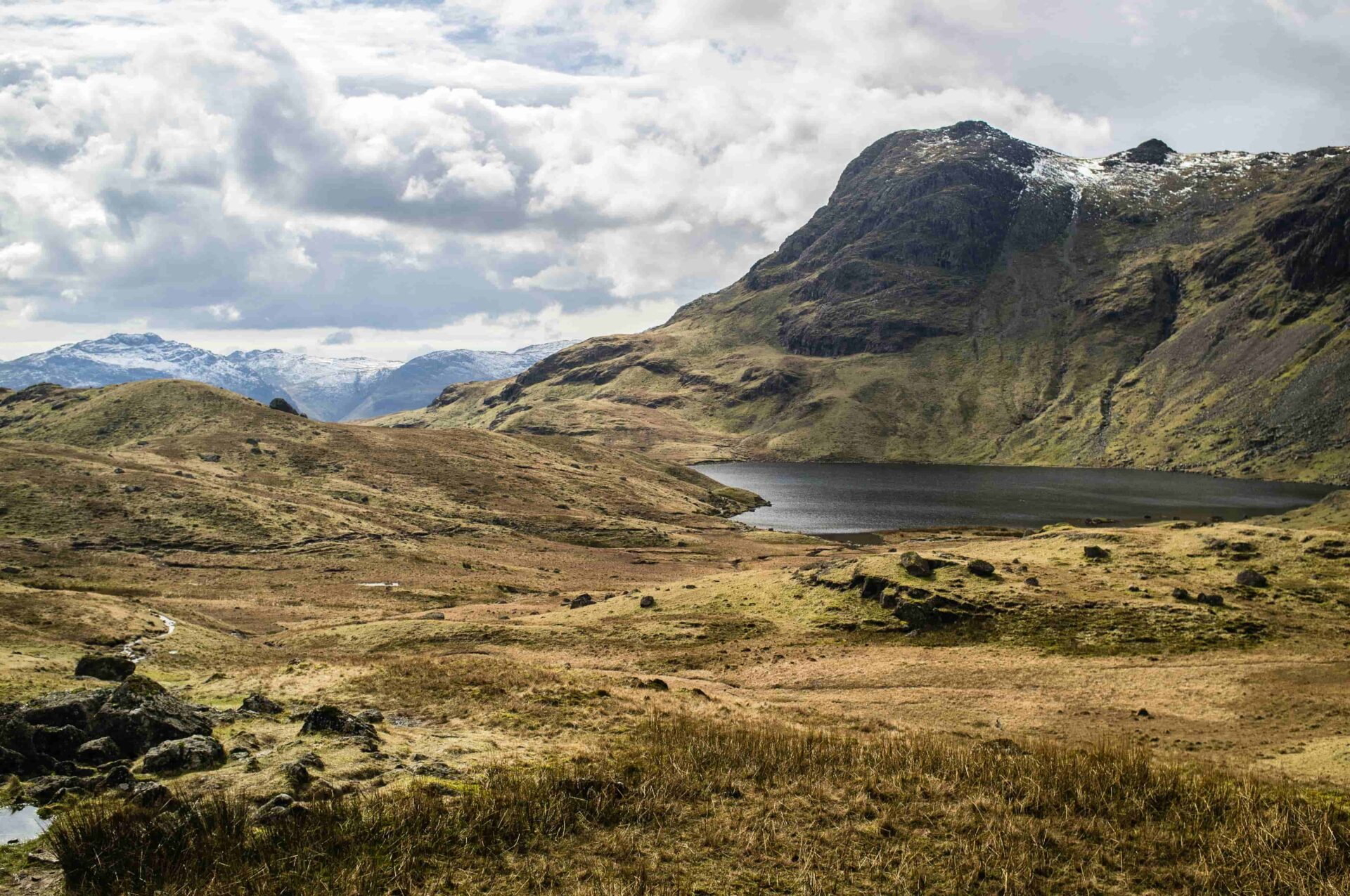The Anthropocene presents society with a super wicked problem comprised of multiple contingent and conflicting issues driven by a complex array of change agents. Super wicked problems cannot be adequately addressed using siloed decision-making approaches developed by hierarchical institutions using science that is compartmentalized by discipline. Adaptive solutions will rest on human ingenuity that fosters transformation towards sustainability. To successfully achieve these objectives, conservation and natural resource practitioners need a paradigm that transcends single-institution interests and decision-making processes. We propose a platform for an emerging and evolutionary step change in sustainability planning: landscape conservation design (LCD). We use existing governance and adaptation planning principles to develop an iterative, flexible innovation systems framework—the “iCASS Platform.” It consists of nine principles and five attributes—innovation, convening stakeholders, assessing current and plausible future landscape conditions, spatial design, and strategy design. The principles are organized around four cornerstones of innovation: people, purpose, process, and product. The iCASS Platform can facilitate LCD via processes that aim to create and empower social networks, foster stakeholder involvement, engender co-production and cross-pollination of knowledge, and provide multiple opportunities for deliberation, transparency, and collaborative decision-making. Our intention is to pivot from single-institution, siloed assessment and planning to stakeholder-driven, participatory design, leading to collaborative decision-making and extensive landscape conservation.
The iCASS Platform: Nine principles for landscape conservation design


